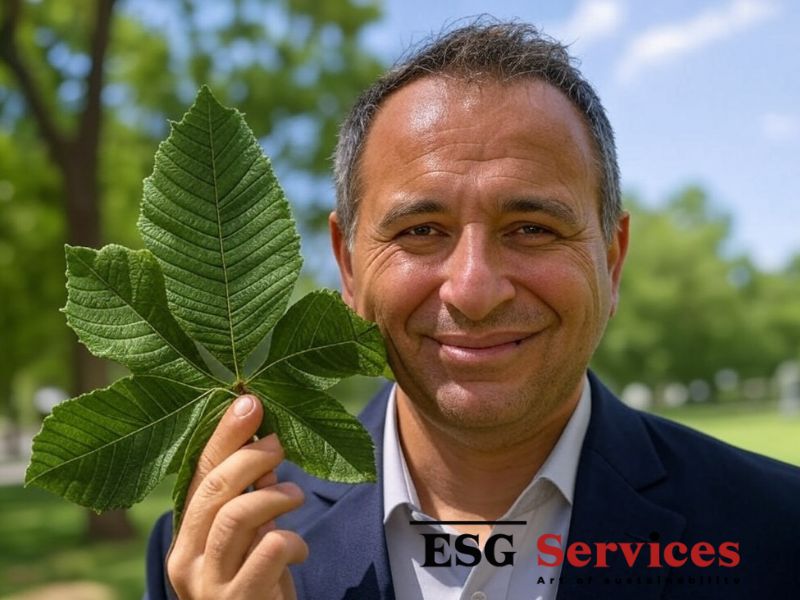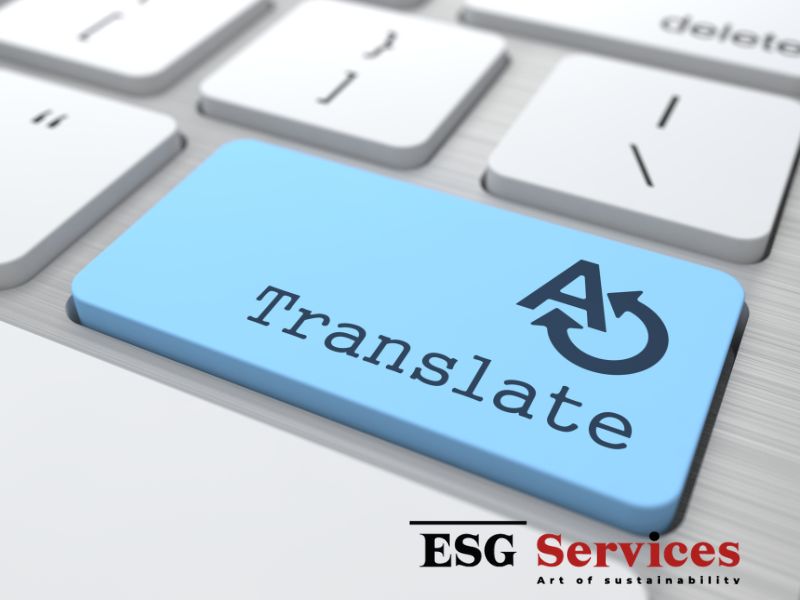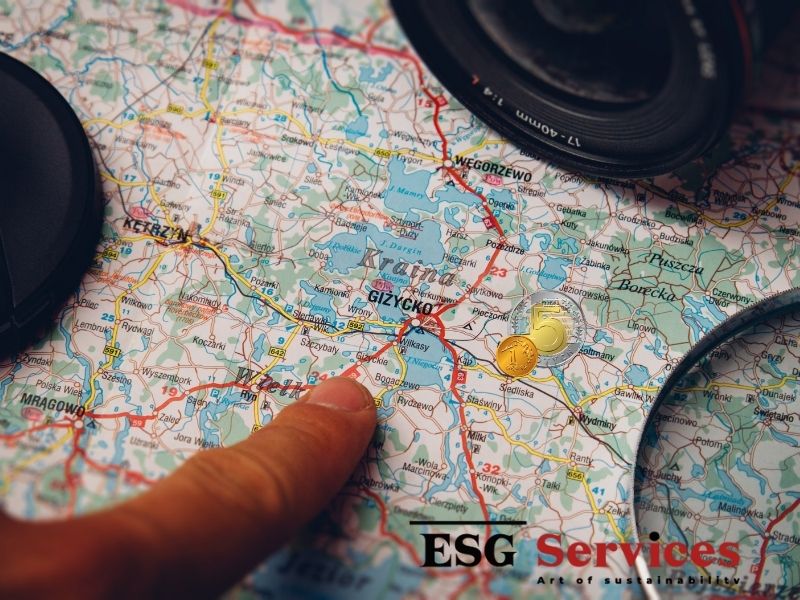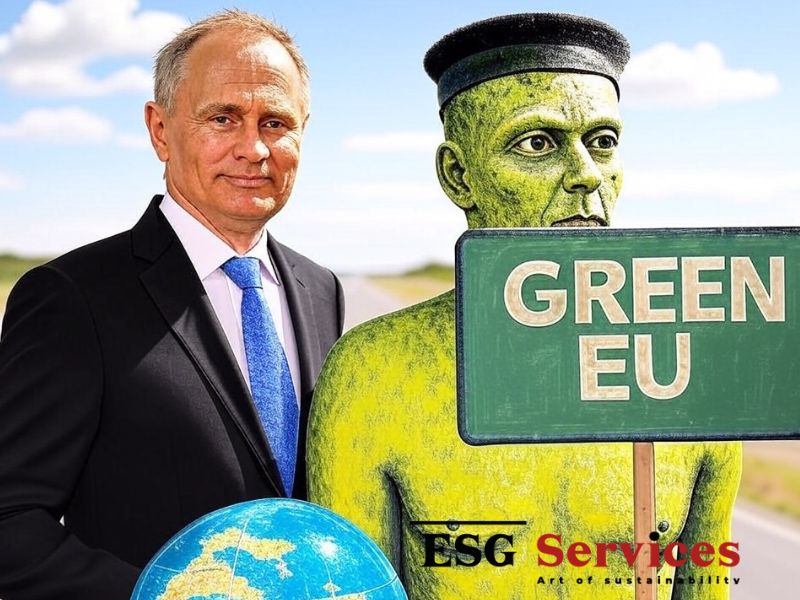The European Union Deforestation Regulation (EUDR) aims to curb global deforestation by regulating products entering the EU market. However, many misunderstandings have arisen around this regulation. Below, we clarify the most common myths and the reality behind them.
✅Reality: The EUDR does not impose a blanket ban on farmers cutting down trees on their own land. Farms are generally classified as agricultural land and are not directly subject to EUDR regulations. However, if part of the farm includes forest land (over 0.5 hectares and meeting specific criteria), tree felling is permitted as long as the forest is not degraded and is allowed to regenerate.
EUDR does not impose legal obligations on farmers unless they are directly placing regulated products on the EU market. The regulation’s goal is to promote sustainable and legal forestry practices, not to hinder them.
✅Reality: Supply chains are complex, involving multiple stages where products from different farms may be mixed. EUDR allows for aggregated traceability, meaning companies can report all sourcing areas collectively rather than linking each individual product to a specific location.
In such cases, companies can assign all sourcing areas to their final products. They can also "declare a surplus" if only a portion of the sourced materials is placed on the market (e.g., when selling part of a bulk grain shipment). However, products should not be mixed with non-compliant or unidentified sources.
✅Reality: Due diligence statements are submitted electronically via the EU’s Information System. EUDR requires companies to have clear visibility into their supply chain origins to prevent deforestation and forest degradation.
Submitting geolocation data is the simplest and most direct way to comply. The Information System, which will be available before the regulation takes effect, is designed to reduce administrative burdens and improve efficiency.
Additionally, an API interface will allow businesses and national authorities to integrate their existing systems with the central registry, eliminating manual data entry. Companies can also reuse previously submitted information without needing to re-enter it.
✅Reality:EUDR is non-discriminatory. It applies equally to EU-produced and imported goods, ensuring that all companies selling in the EU market adhere to the same sustainability requirements.
The regulation is fully compliant with WTO (World Trade Organization) rules and does not create arbitrary or unjustified discrimination against producers from third countries. Instead, it is an autonomous EU measure aimed at environmental protection and fulfilling the EU’s international commitments, including trade agreements and WTO requirements.
➡EUDR does not ban any country or product—it ensures that only sustainably sourced goods enter the EU market.
The EUDR promotes sustainable practices and ensures that products entering the EU do not contribute to deforestation. It is essential for companies and stakeholders to fully understand the regulation’s actual requirements and avoid common misconceptions.
Companies managing supply chains should take EUDR into account. These sustainability aspects also impact ESG reporting and corporate sustainability disclosures.
📌Source:
🔗EU Commission – EUDR Myth Buster









